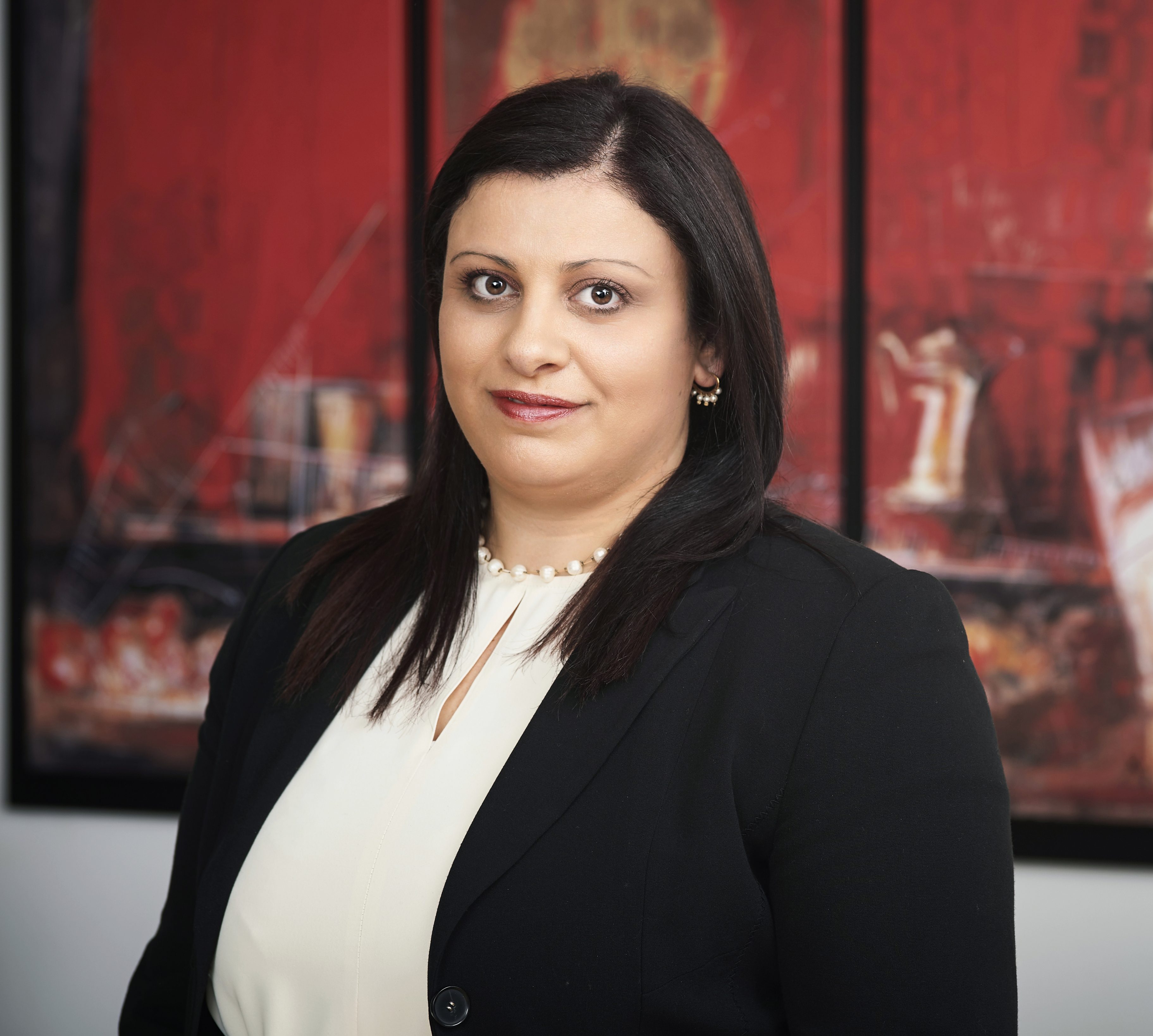Yesterday, the Australian NFP Smiling Mind released their Whitepaper on the current state of mental health and well-being in Australia and it confirmed what we already knew deep within, but were too afraid to accept – 78% of Australians have experienced poor mental health over the past year, more so than during 2020 (Dib et al., 2021). Likened to a ‘hidden epidemic’ of mental ill-health, the authors have found that children and young Australians are “facing significant mental health challenges as a result of the pandemic” with their mental health declining over time, whilst women, First Nations Peoples and LGBTQI+ Australians have been disproportionately impacted (Dib et al., 2021).
The good news is that people are now more aware than ever of the importance of good mental health and well-being and this acknowledgement will most certainly pave the way for more integrated well-being services to not only become more available, but also more acceptable, within schools, businesses and homes.
While many organisations, health professionals and well-being consultants, myself included, have been giving their all during this time, I can’t help but keep returning to the one question we should all be asking which will deliver the greatest impact: “How Can I Support You?”
Every single person is unique, every single situation is different and every single need is personal. These are unprecedented times and a one size fits all approach can not entirely deal with the disruptions being faced.
Mindfulness, meditation, self-care practices, traditional therapy, alternative therapies and many other evidence-based interventions are vital and can serve as the baseline from which we all offer our support and healing services. But we have to really step outside of this narrative and keep asking the question – How Can I Support You?
Personal circumstances differ as do needs. If we are not willing to ask this question then we cannot possibly be proactively and holistically handling this mental health crisis so as to be of service to our clients, our communities and our society at large. This requires that we go further than ticking off the boxes in a checklist, using assessment tools and diagnostic techniques to then roll out a plan that has worked in the past. It just won’t cut it this time around. The present needs are different and demand a more integrated and conscious approach. One that really listens to and understands what is needed and what can be done.
And you don’t have to be in this field to be able to ask the question – ask it of your colleagues, your team members, your family, your friends – How Can I Support You? And then ask it of yourself: What support do I need? How can I look after myself? Who will listen to my needs?
This is no longer an optional course of action – we are at a dire crossroads and if we do not actively engage to take action soon, we will be moving into unchartered waters the likes of which we have not seen before. As one humanity we can all do our part – ask the question and then reach out to all those who are ready, waiting, willing and able to provide the support we need.
Dib, J., Comer, J., Wootten, A., & Buhagiar, K. (2021). State of Mind 2021 Report. Melbourne: Smiling Mind.
#mentalhealth #wellbeing #consciousleadership #consciousliving #emotionalintelligence #mentalwellbeing #pandemic #holistic #therapy #healing #mindfulness #meditation #selfcare
www.artemisevangelidi.com


